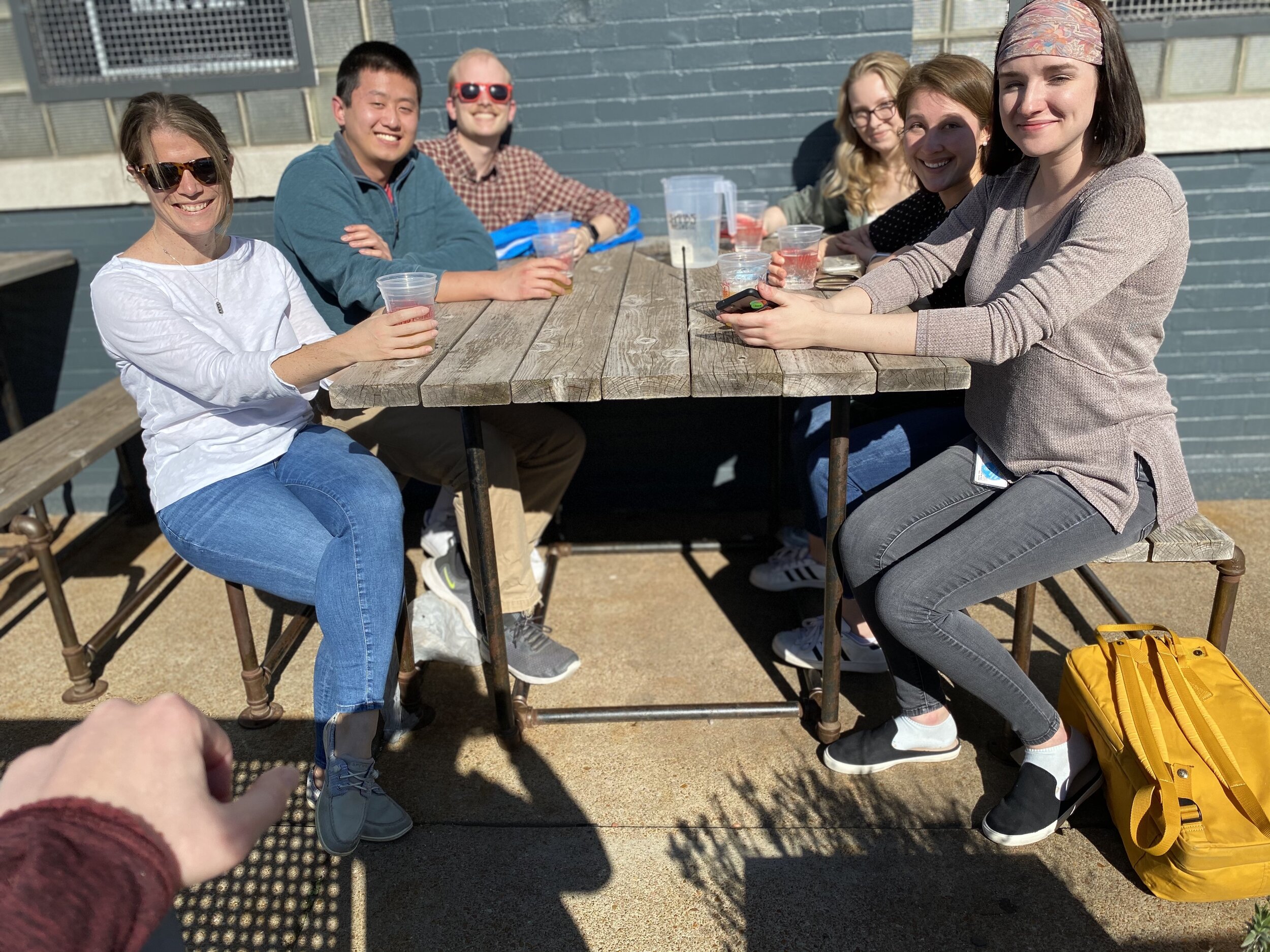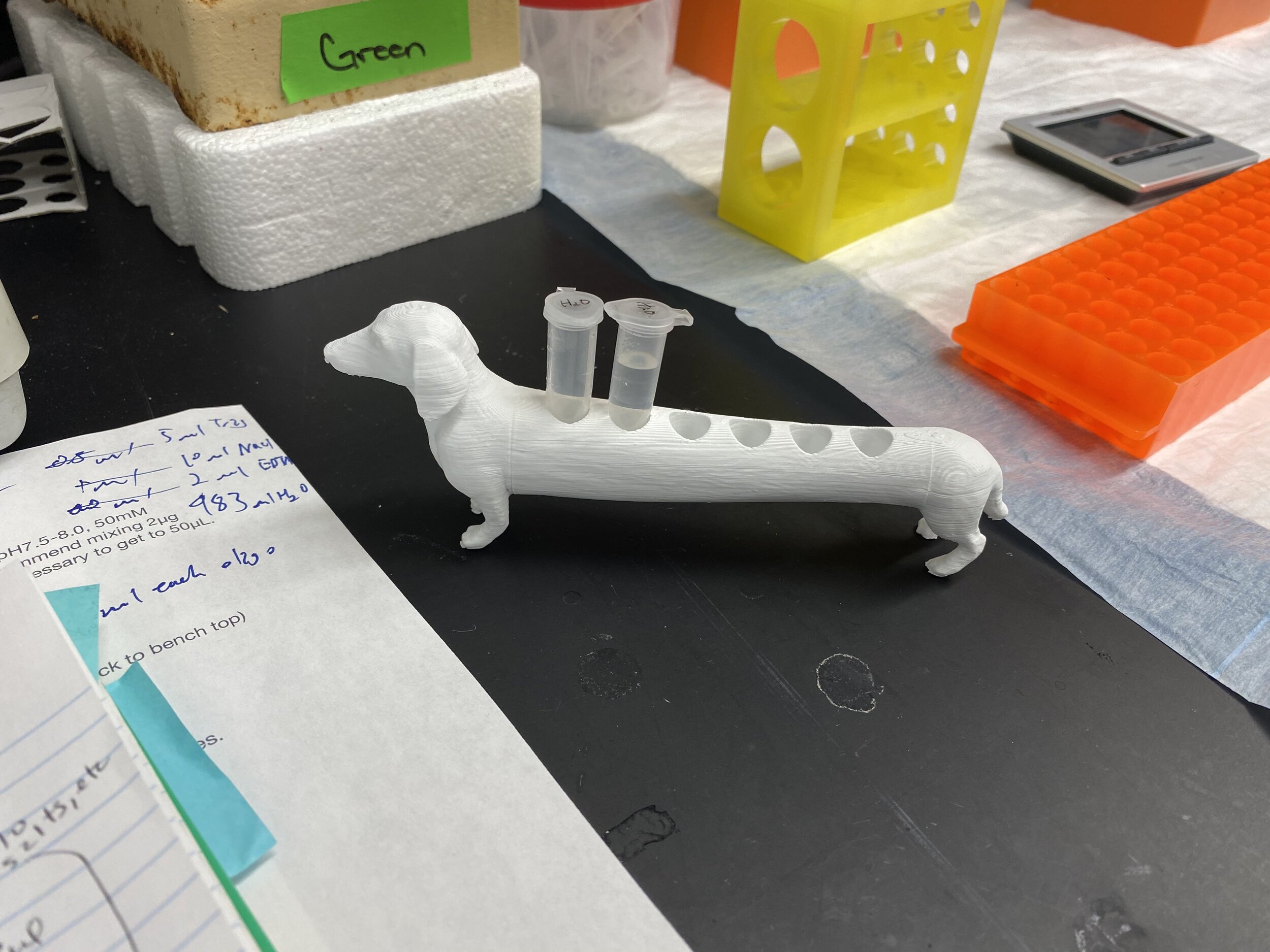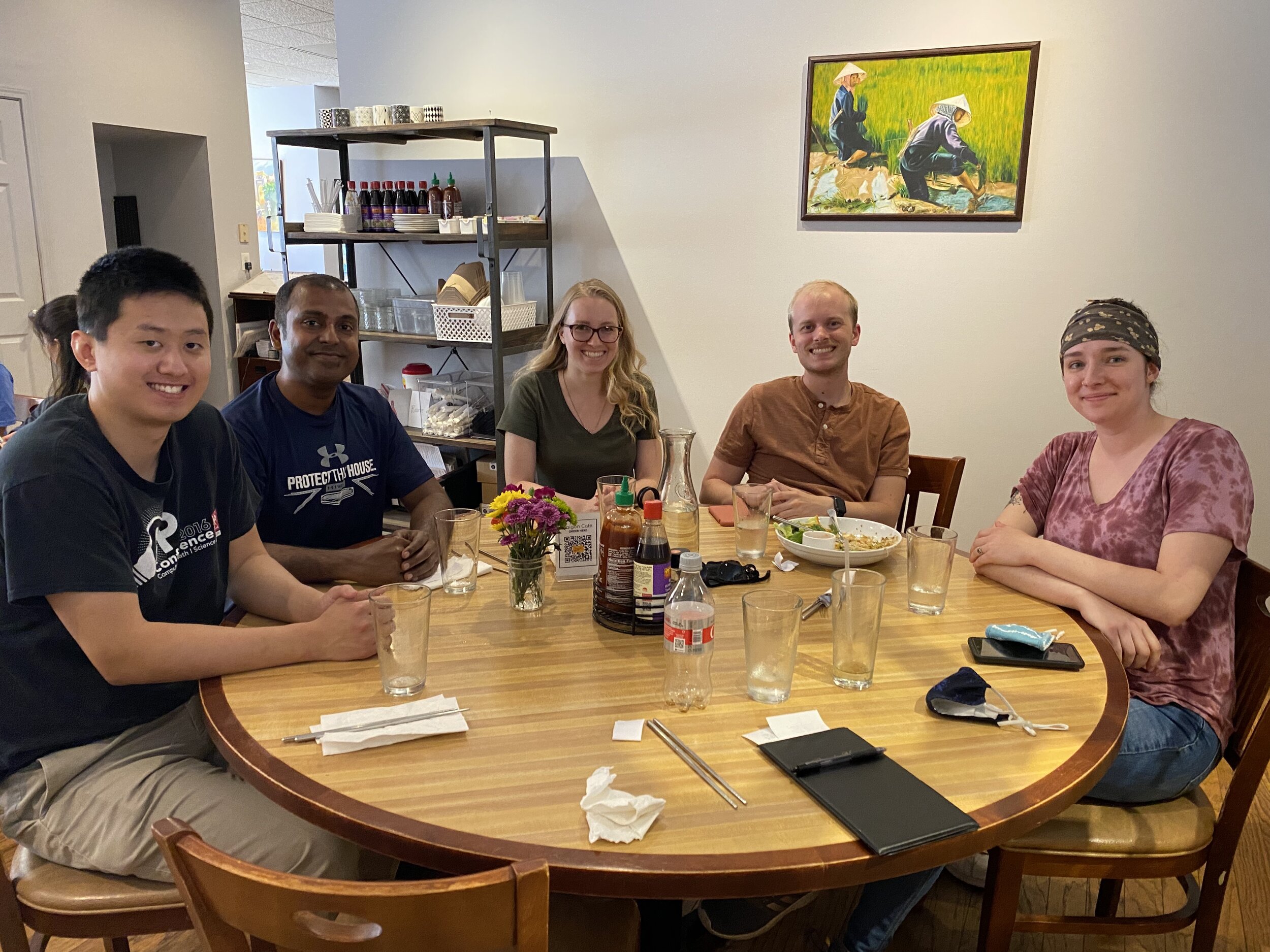Cancer develops through accumulation of DNA mutations and structural aberrations collectively known as genome instability.
Genome damage in adult-onset malignancies can be traced to exogenous carcinogens or simply the process of aging. However, pediatric cancers do not arise as a result of aging or exogenous genotoxic agents. We are interested in the etiology of genome instability in pediatric cancers and the resulting genome-protective responses, also called DNA damage responses, that are activated. Our long-term goal is to identify predictors of mutagenesis and therapeutic vulnerabilities within DNA damage response pathways in order to develop new treatment options for children with cancer.















